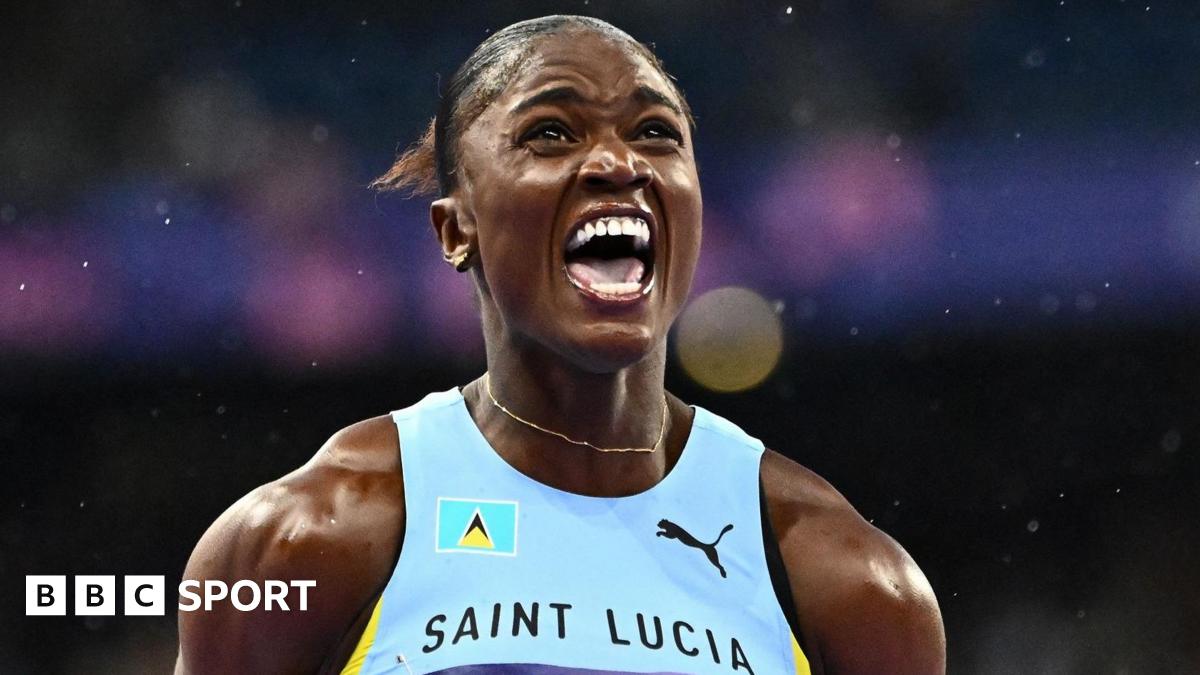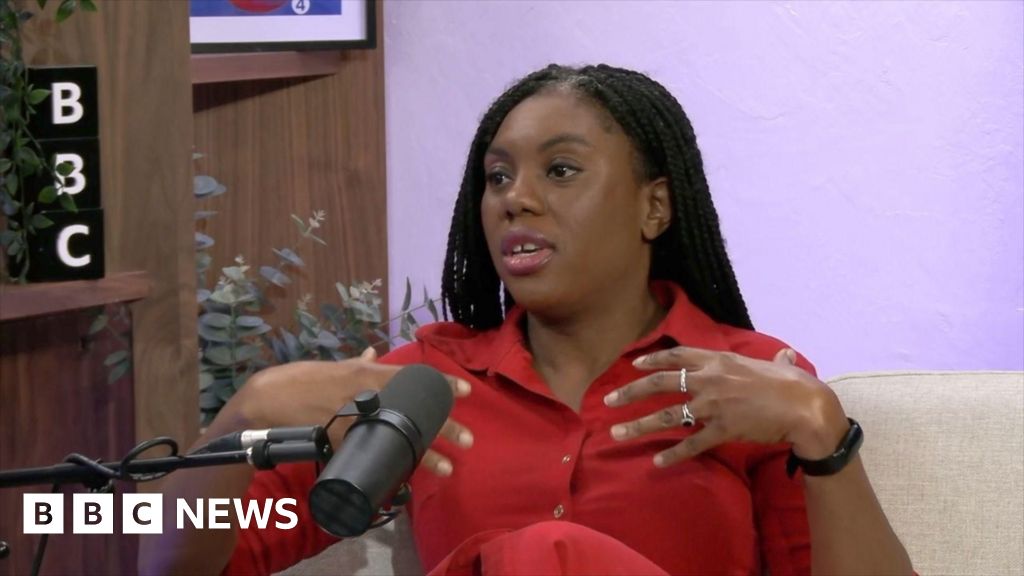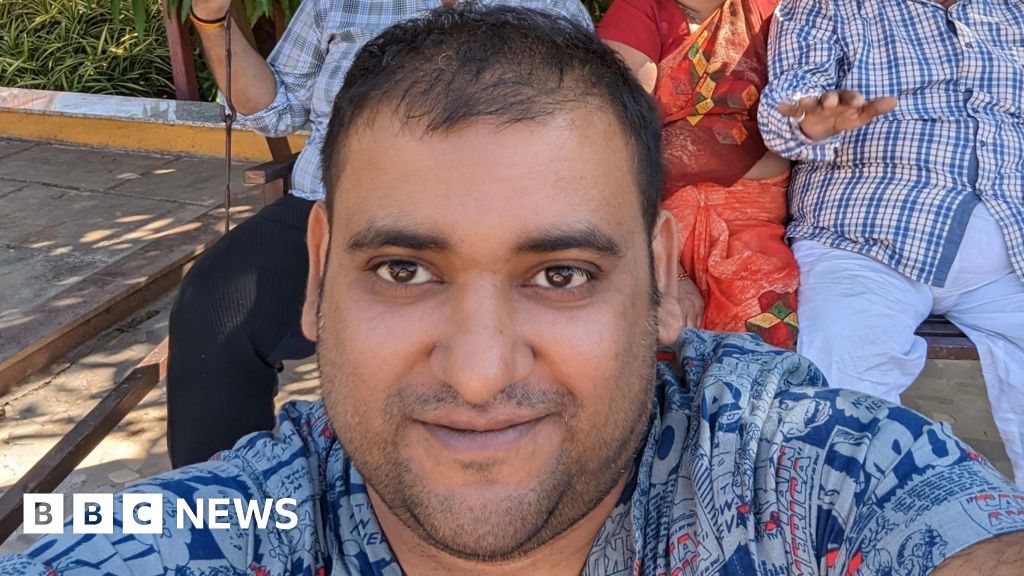Forming a team that is greater than the sum of its parts is the key to success in team golf.
Finding those intangible advantages; an unlikely but successful partnership, cajoling an out-of-form player into an unerring demon, identifying your team’s strengths and exposing an opponent’s weakness.
These are the captaincy commodities that make the difference.
We saw Luke Donald do it for Europe last year at the Ryder Cup, likewise Catriona Matthew for Great Britain and Ireland at this month’s Curtis Cup and now we have witnessed the same from Stacy Lewis for the United States at the Solheim Cup.
Yes, it is the players who sink the putts, but it is the captains who come up with the strategies to put the golfers in the best frame of mind to execute most efficiently.
In this regard Lewis comprehensively outplayed her opposite number Suzann Pettersen.
Never mind that the Americans were the higher ranked team - Europe have overturned such apparent disadvantages on many occasions in Solheim and Ryder Cups.
It was Lewis’ analytical approach compared with Pettersen’s "gut and instinct" that made the difference in America’s 15 1/2 - 12 1/2 victory at the Robert Trent Jones Golf Club in Virginia on Sunday.
She had enlisted stats guru Justin Ray to provide performance insights that could inform her decisions. As importantly, they offered empirical justification to players and so they could understand and accept potentially contentious strategical calls.
Pettersen, meanwhile, relied on golfing instinct - something she possesses by the barrowload after such a successful career. But that was not enough on this occasion.
It resulted in Leona Maguire being benched for all bar one fourball session on Friday before Sunday’s singles, with little hard evidence to back such a controversial move.
It was a big call, made to look rather foolish when the Irishwoman trounced Ally Ewing 4&3 as Europe mounted their unlikely and ultimately forlorn fightback.
An aggrieved Maguire, Europe’s most successful player in the previous two Solheim Cups, says she was not given an explanation for being benched. She deserved better and after the contest Pettersen refused to elaborate.
The Irish star had been short of form coming into the match, but had won on tour in early summer and was decent at the recent Irish Open where she was 15th. She had won seven of her 10 previous Solheim Cup matches.
And she still holds a 100% record in singles. Maguire has the stats to back up feeling angry at her treatment during the first two days of the match when Europe failed to win a session.
By contrast, Ray’s data informed Lewis’ partnerships that helped the US take what proved a decisive 6-2 lead on Friday.
"He's been a huge asset for the last two and a half years, from all the phone calls to the random texts," Lewis said of her statistical ally.
"I had a little freak-out moment last week. I was trying to figure out pairings and I couldn't get it done and we did a call and he got me back on track.
"He's been a great friend, and he loves his stats. But he loves golf, and he loves watching this team compete."
Lewis will not divulge the secrets unearthed by such detailed analysis but did confirm they significantly shifted her approach. "We've always tried to play all of our players in fourballs," she said.
"So we did some research, and the last five winning Ryder Cup teams didn't play all of their players in fourball. We've done that in the past to get everybody ready for singles."
This policy was ditched in Virginia. "This year I said I'm going to put out the best possible pairings I can for every session, and if it doesn't get everybody in fourballs, then it doesn't get everybody in fourballs," Lewis said.
"That was something I learned last time that we're probably going to keep doing going forward."
Last time was only 12 months ago, when Pettersen’s Europeans spiritedly came from 4-0 down in the foursomes (another example of being out-thought) to force a 14-14 tie.
It kept the trophy in continental hands for a third time and meant the US were desperate for success last week. That scenario could have brought tension and anxiety, potentially undermining their golf.
But Lewis’ calm, informed leadership fostered great spirit. The usually reserved world number one Nelly Korda was a revelation, skipping joyfully onto the first tee after pumping out loud music on the US team bus.
"This was probably the most fun I've had on a golf course ever," said the 26-year-old Floridian. "Just the team, the team environment, the caddies, everyone getting along, the fans.
"Everyone was so incredible. We all vibed really well off of each other. This is probably the most I've laughed and the most I've fist pumped ever on a golf course."
Lewis could only approve. "They needed to have fun and they needed to enjoy this," she acknowledged. "They also needed to play good golf.
"I think there was a lot of tension of trying to play perfect golf and not enjoying it in the process.
"This team enjoyed this week more than the golf itself. They had so much fun together.
"They picked each other up when they needed it."
These are traits that have for so long been the preserve of Europe in these biennial jousts - both for the women in Solheim and the men in the Ryder Cup.
Lewis came up with an approach and strategy that showed that she, at least, is an American who now comprehends the true dynamics that yield success in these matches.

 3 months ago
17
3 months ago
17









